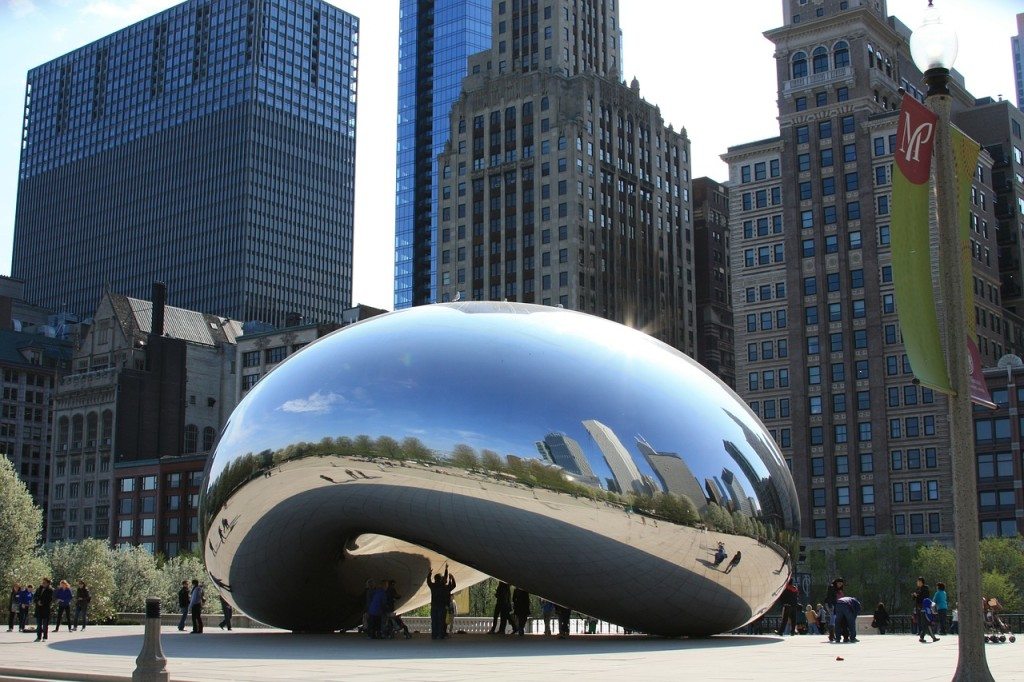Cloud computing has really taken the world by storm. Not only is it redefining how business work now, it is also redefining the age-old revenue stream that governments have been using for years. As an increasing number of businesses move towards virtual infrastructure and consumers who used to purchase movies and music from brick-and-mortar stores shift to streaming content online, governments are finding it harder to generate the tax revenue figures they were used to.
To counter that, the city of Chicago has come up with a new type of tax, dubbed the “Cloud Tax,” that is aimed at virtual data centers and hubs, as well as streaming media content usage.
This new tax, amounting to nine percent of the subscription price, targets cloud-based services such as entertainment and information resources, as well as SaaS, IaaS, and PaaS. While it sounds like a good idea, a number of lawyers and businesses are taking the city to court because of the implications it carries.
Why Isn’t It a Good Idea to Tax the Cloud?
The core problem with taxing the cloud is that while these taxes are focused on local markets and industries, most of these cloud-based businesses operate on a global level.
That doesn’t sound like a big deal, but if every city around the globe starts taxing the cloud, some consumers might end up having to pay up to double the original prices.
What Has Lawyers All Riled Up?
Michael Wynne, a partner at Reed Smith, a global litigation firm, wrote on the company blog that, “The Amusement Tax ruling will extend the tax to streaming services for music, movies, games, and the like, as well as satellite TV delivered to a customer located in Chicago. However, the ruling does not impose the Amusement Tax on the same content when it is permanently downloaded by a consumer.”
While these taxes apply to streamed content and cloud-based services such as using a productivity suite, users that perform the same activity using offline mediums, such as through a disc or even a digital download will not be liable for the tax.
This simply means that the consumer will have to pay more simply because they are doing so online.
What Is It Applicable On?
Chicago’s taxation department has defined that this new tax will be applicable on “cloud computing, cloud services, hosted environment, software as a service, platform as a service, or, infrastructure as a service.” As per the Telecommunications Sourcing Conformity Act, if a consumer’s billing address is within Chicago, they’ll be liable for the tax, even if they used the service outside of the city.
Needless to say, this new tax will make digital content and cloud-based services a lot more expensive for residents and businesses in Chicago. So what is your opinion about this new tax? Do you think this was a good idea? Please let us know in the comments below.
- Plex servers compromised and held for ransom - July 10, 2015
- MasterCard is testing a treat for selfie lovers - July 7, 2015
- Amazon launches new plan to pay some authors based on number of pages read - July 6, 2015



